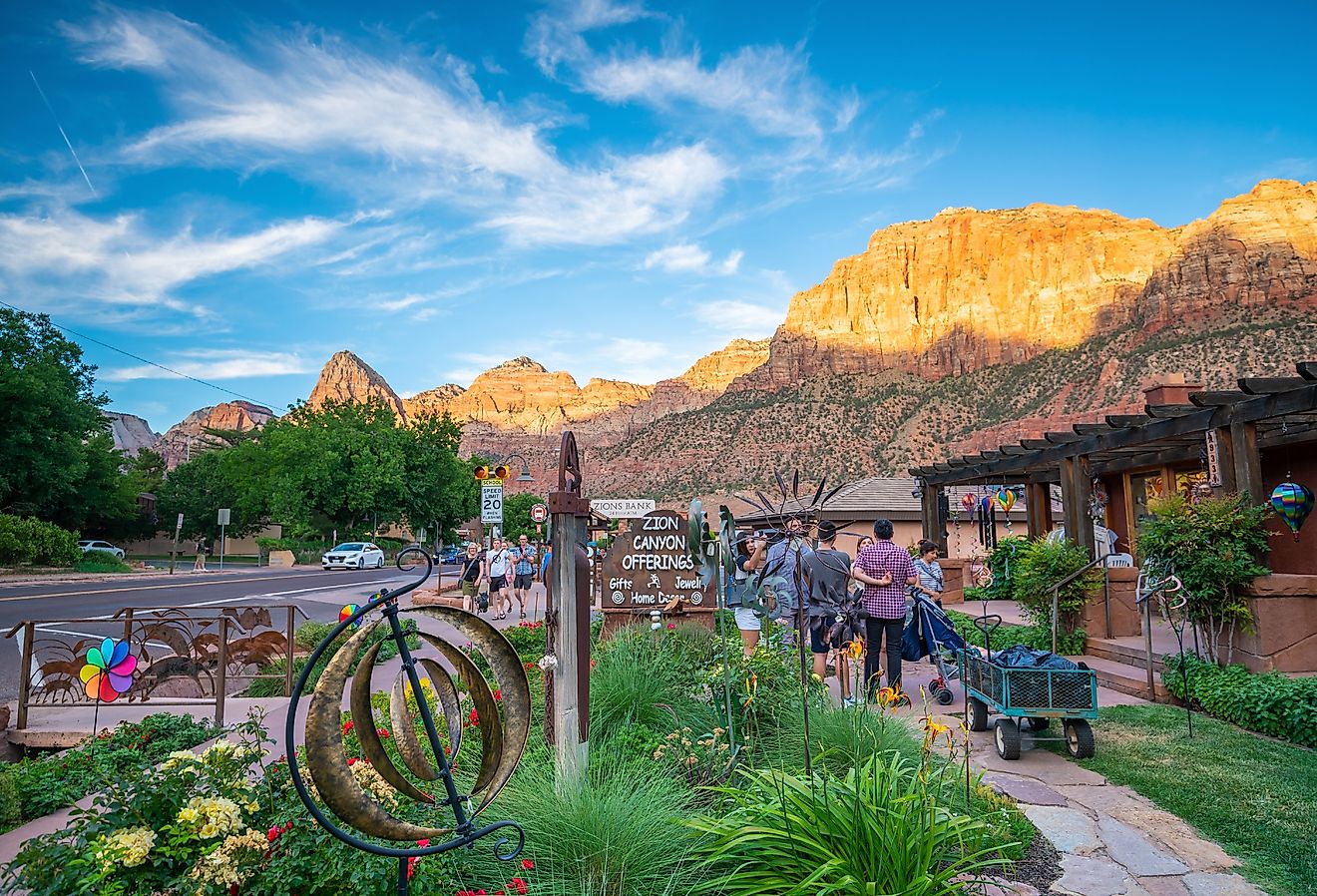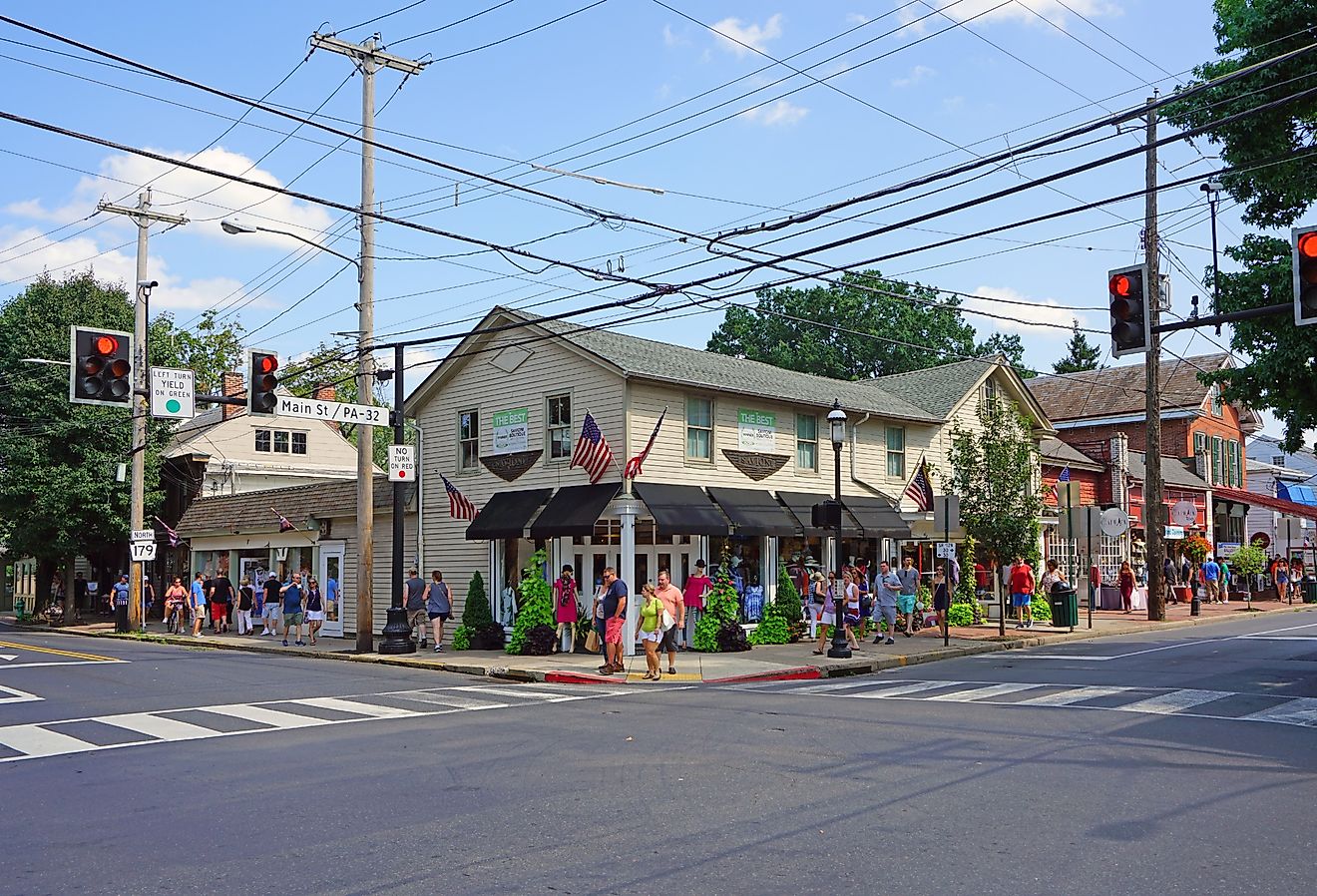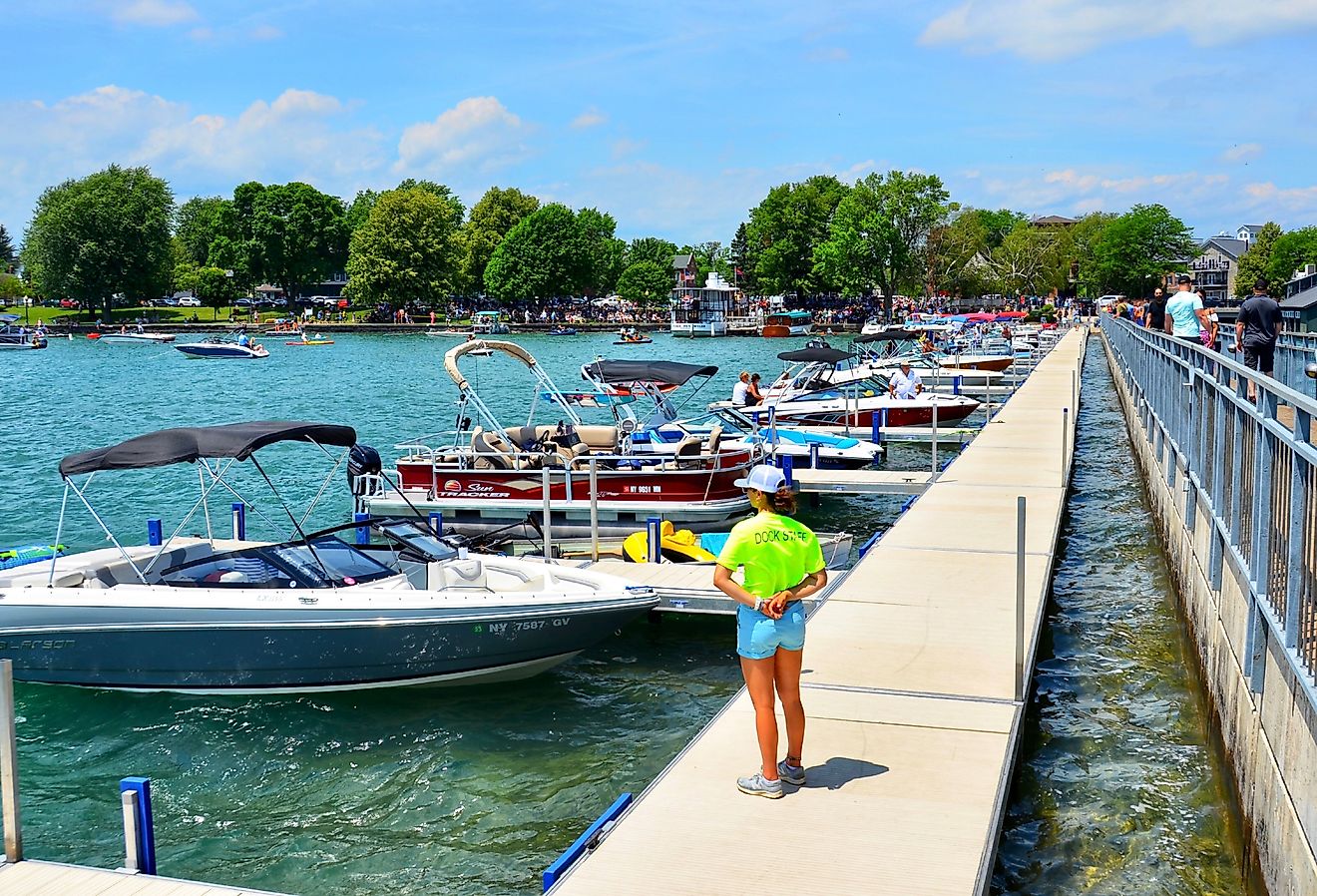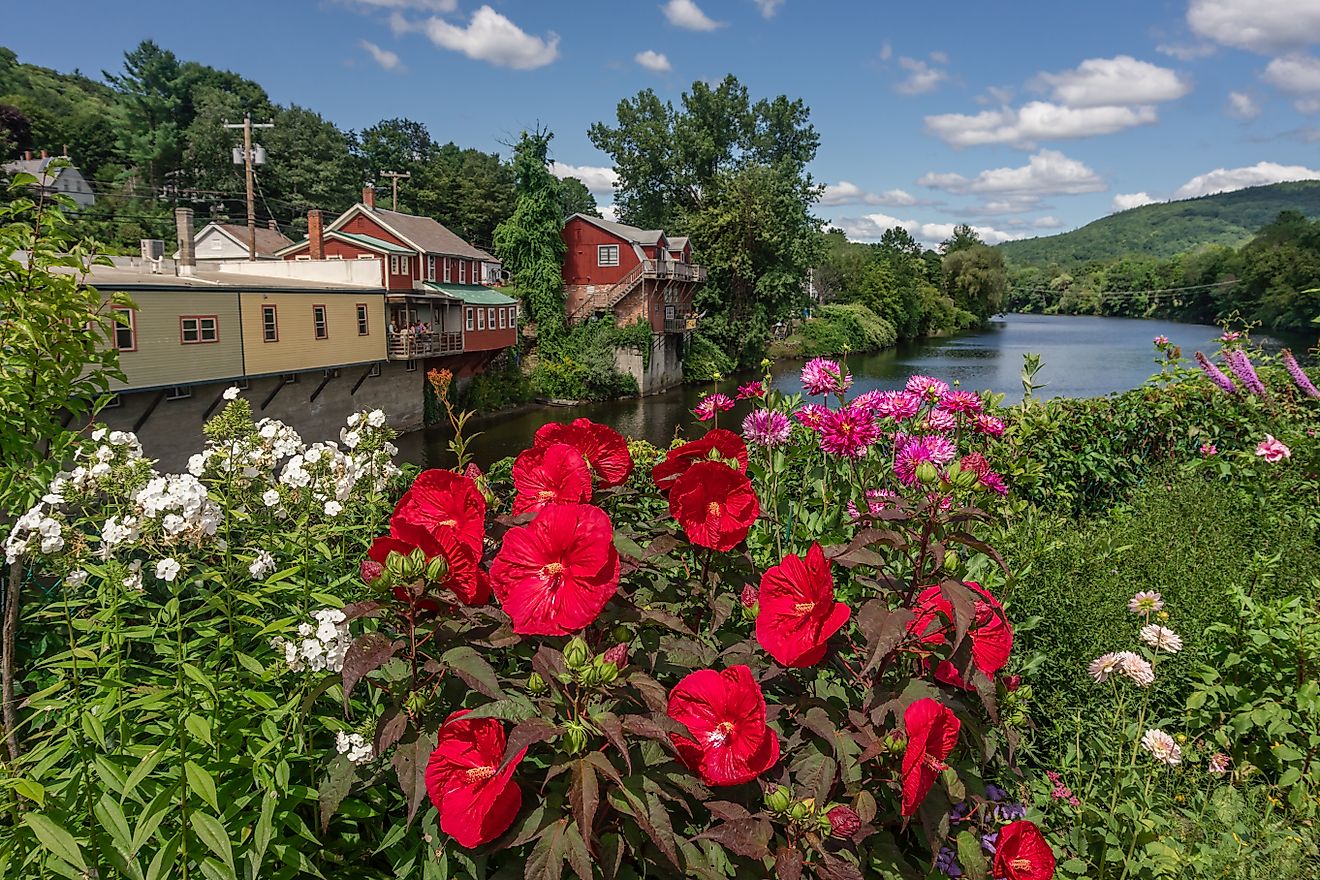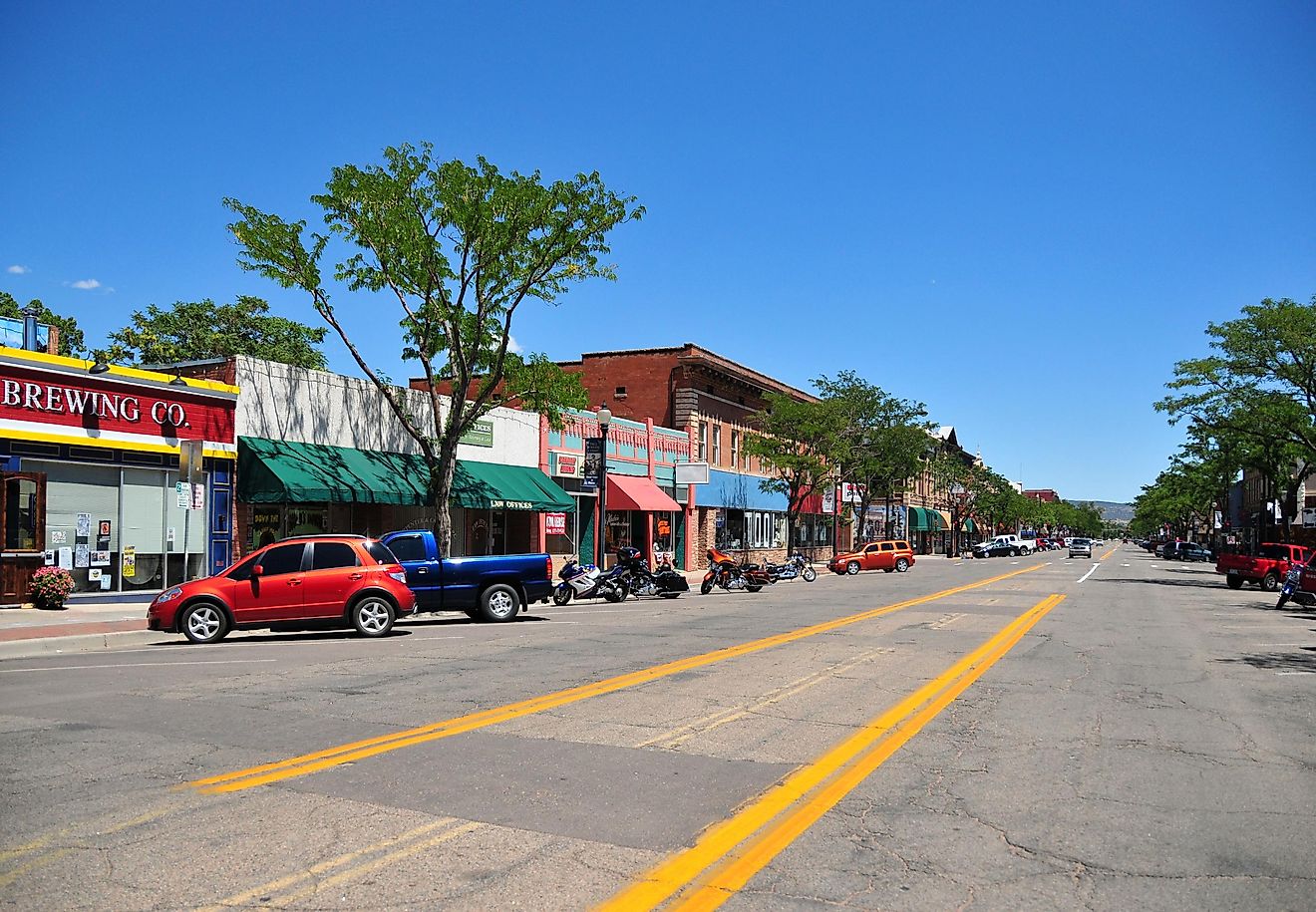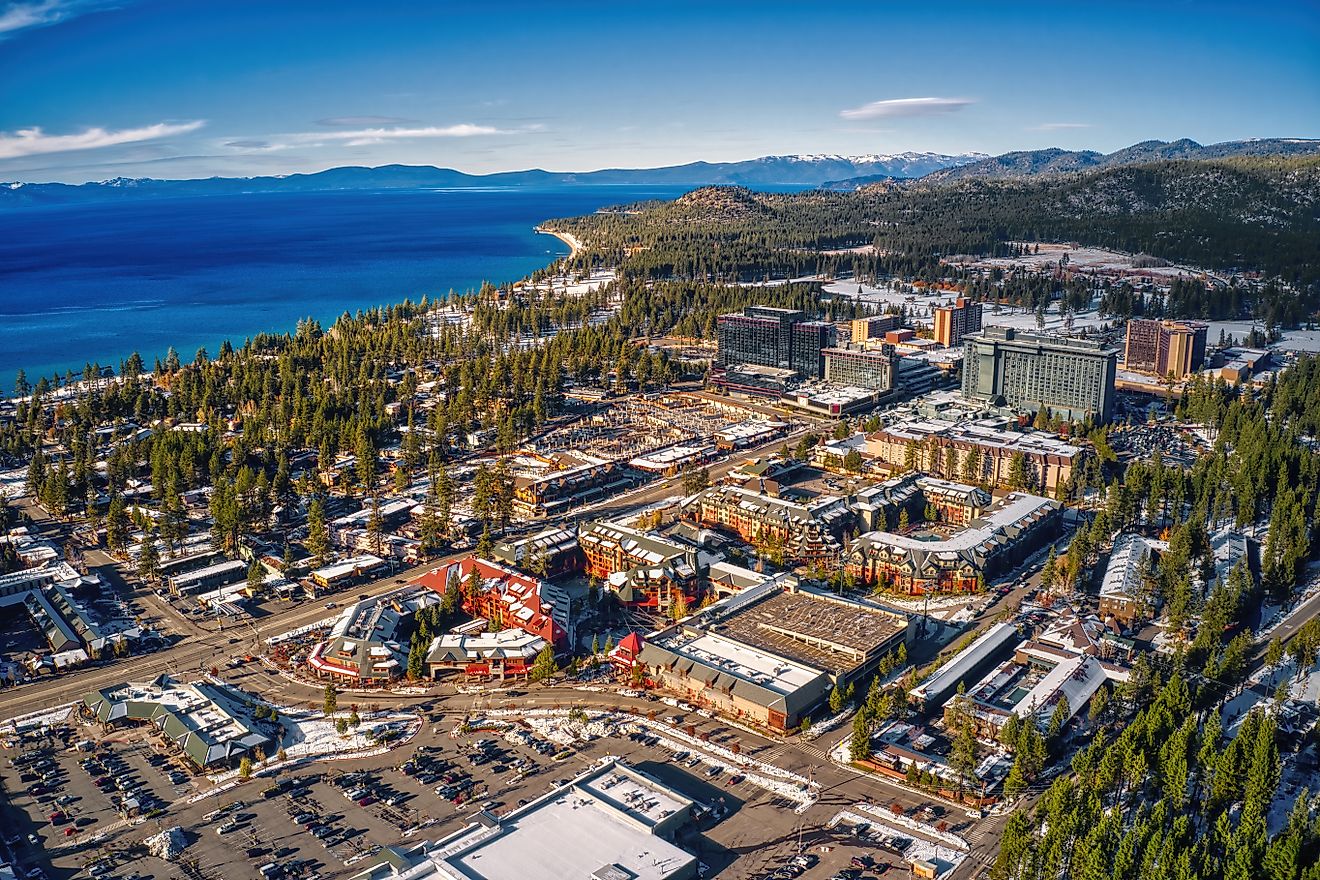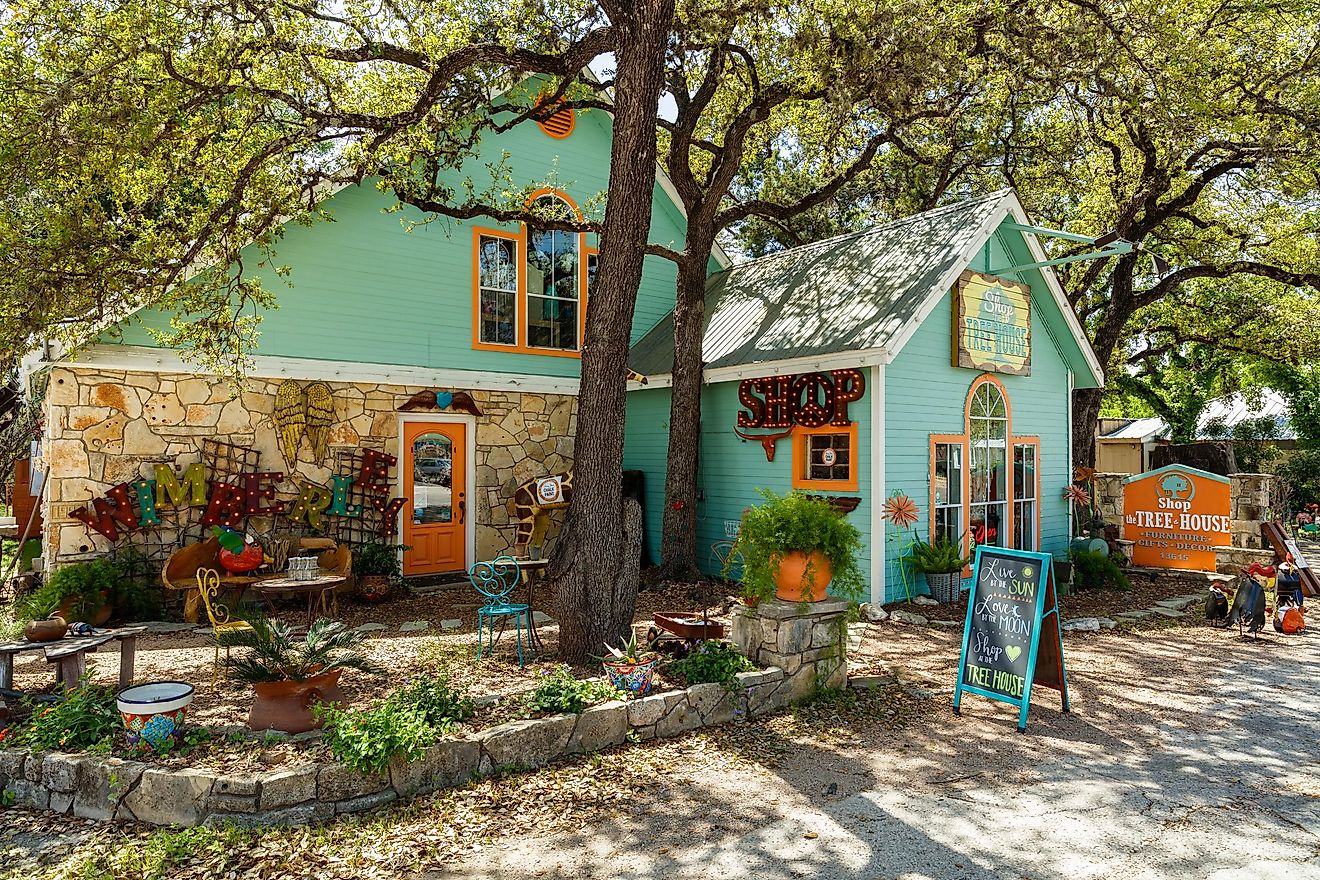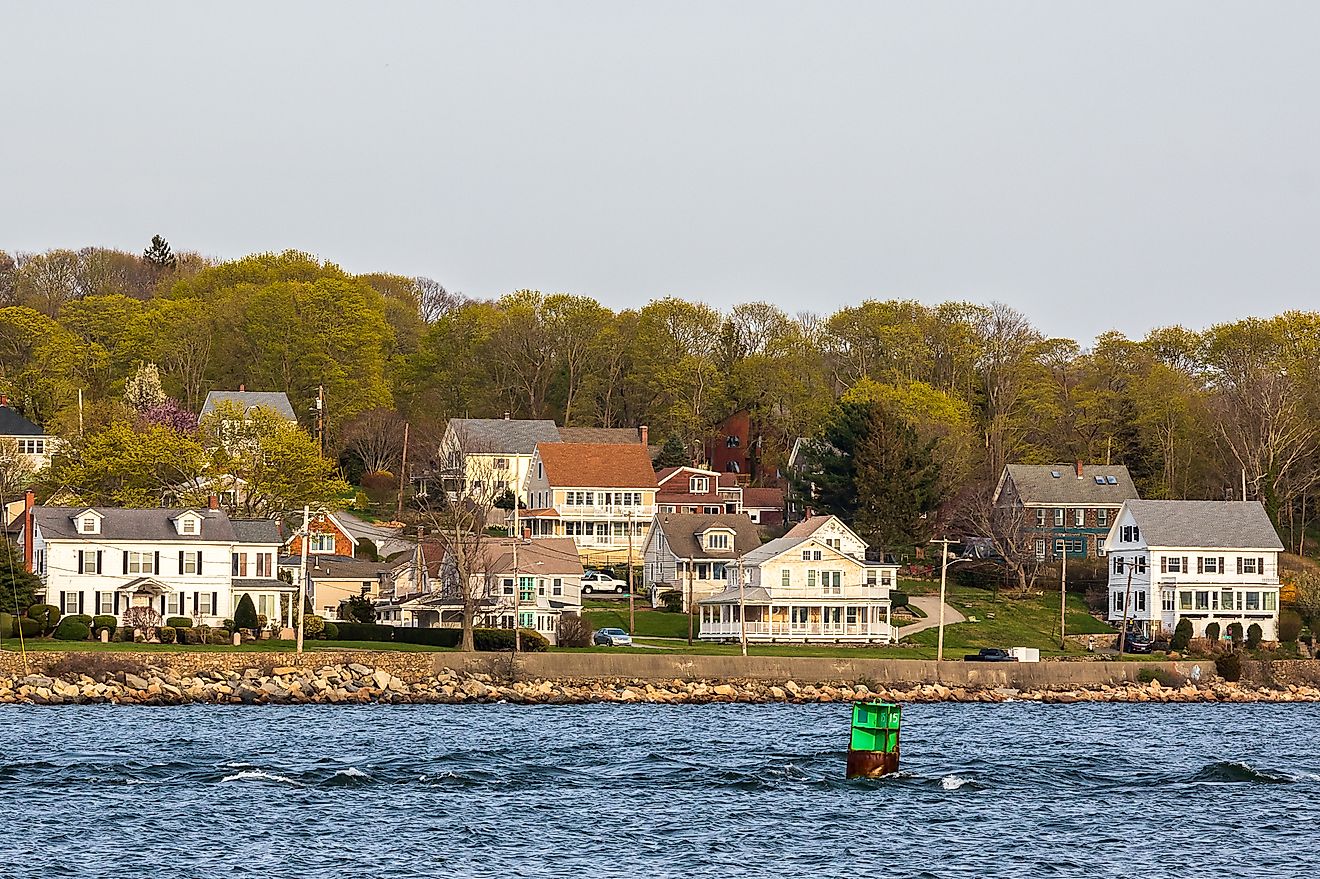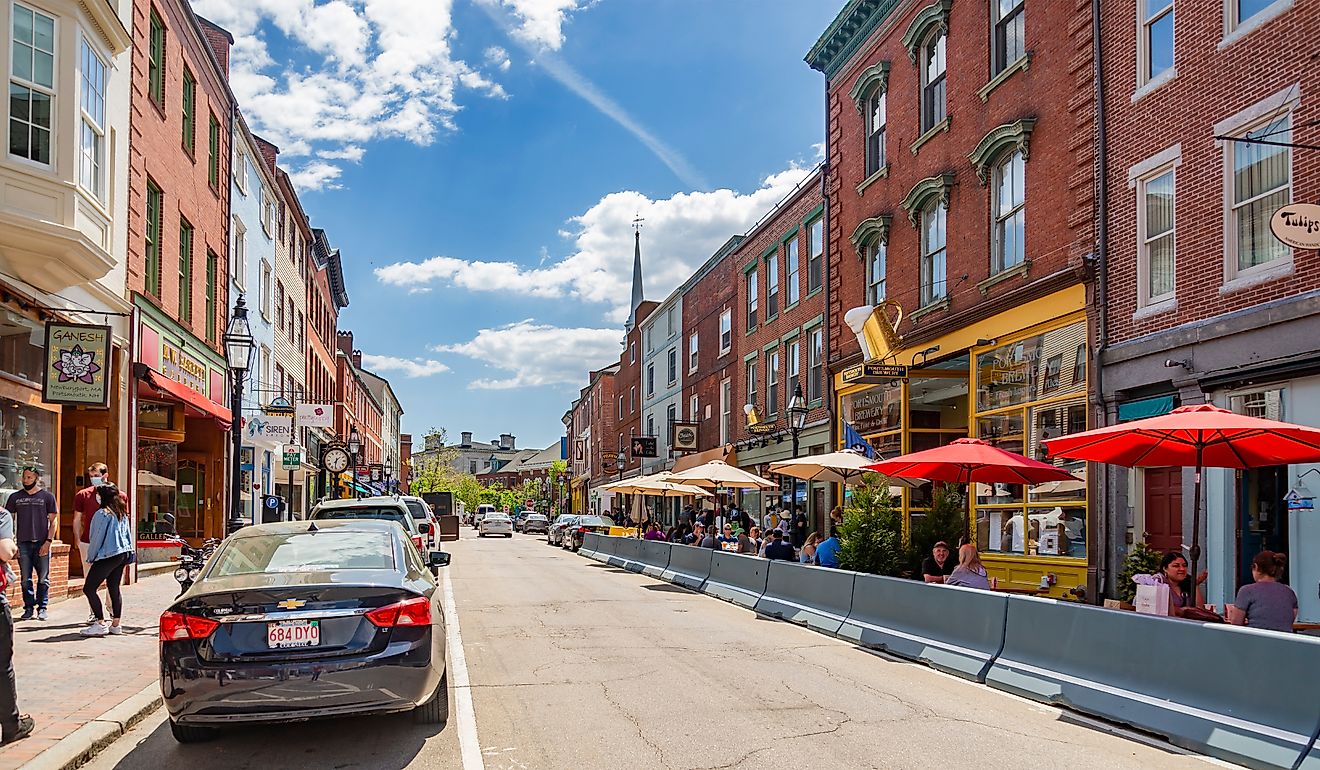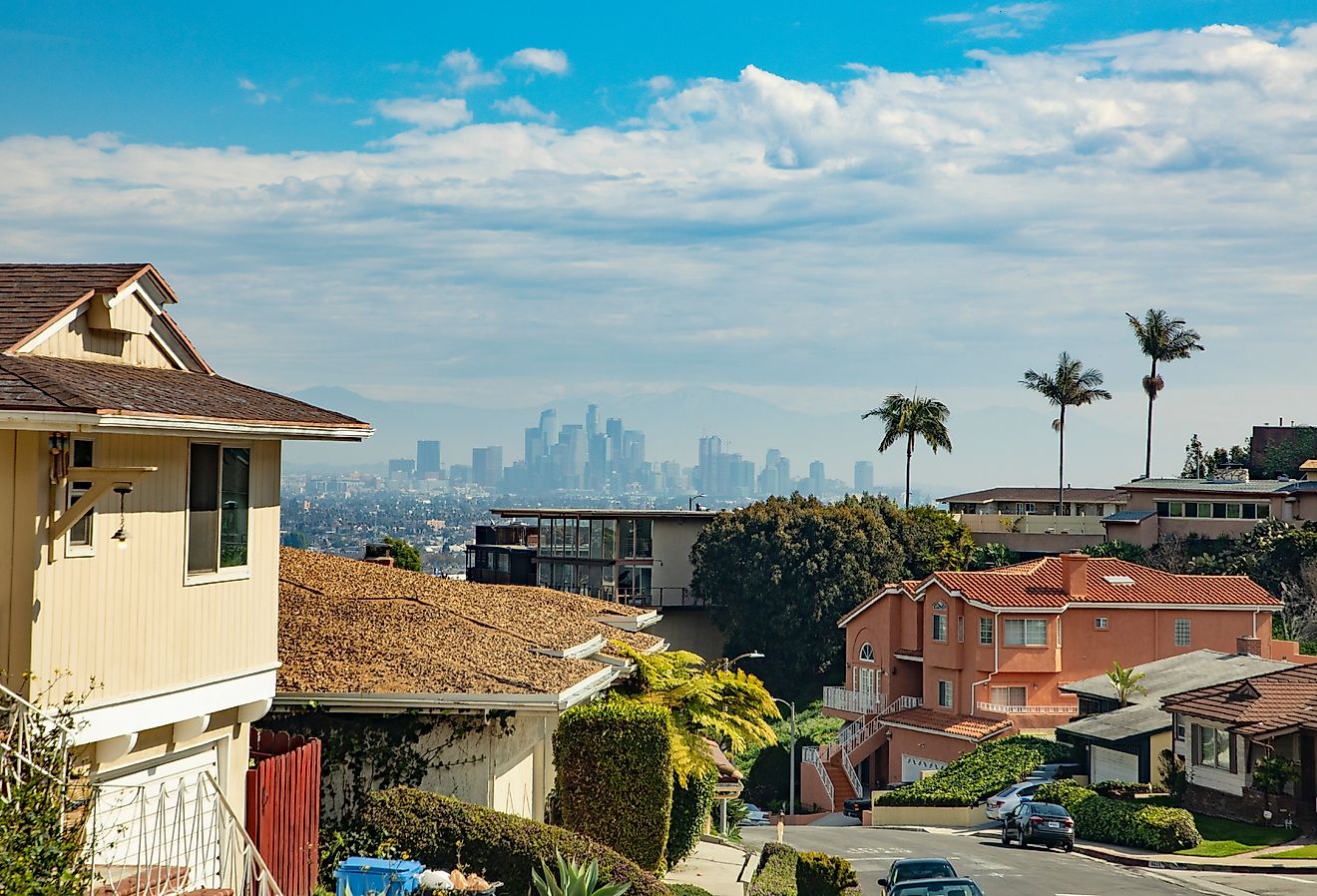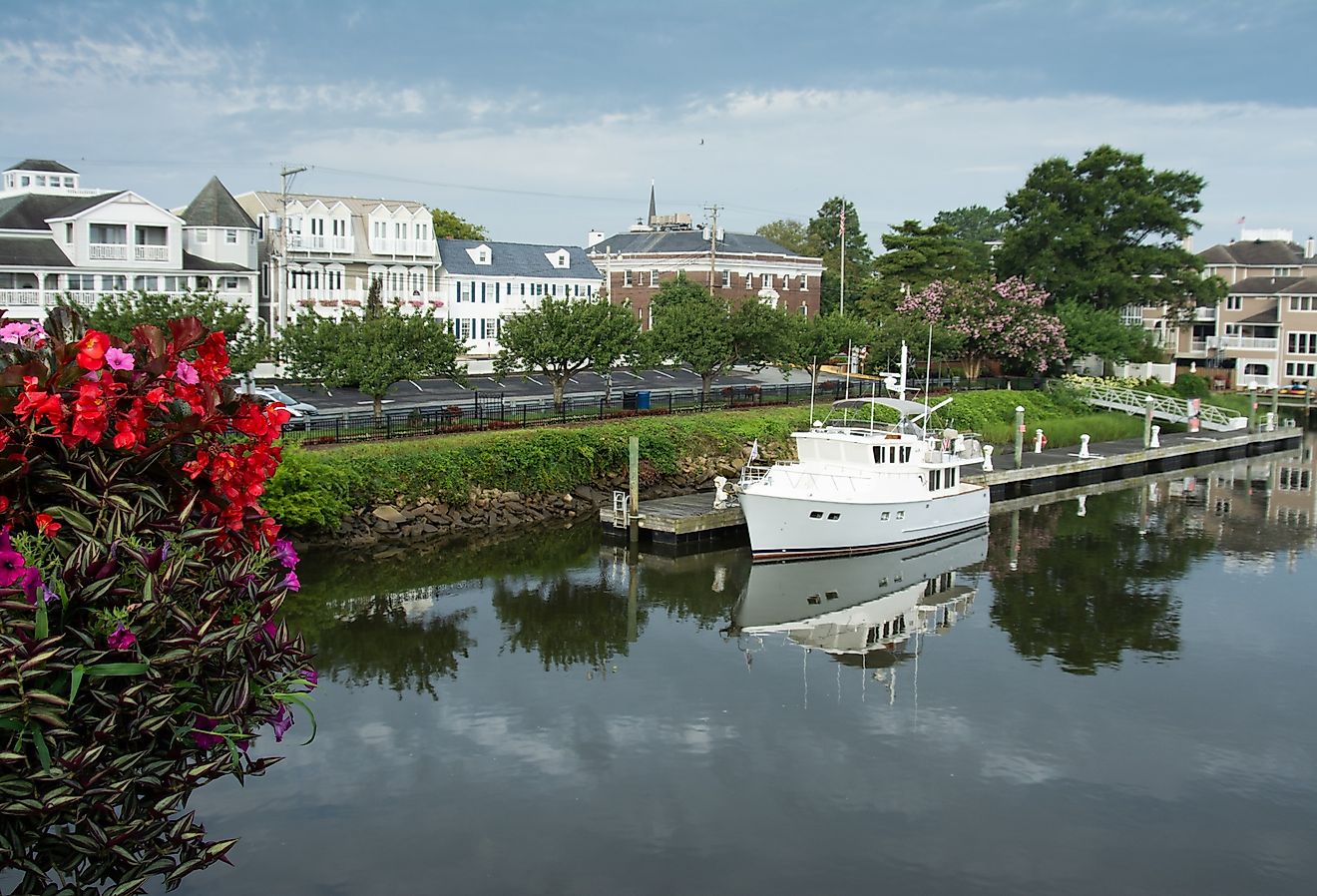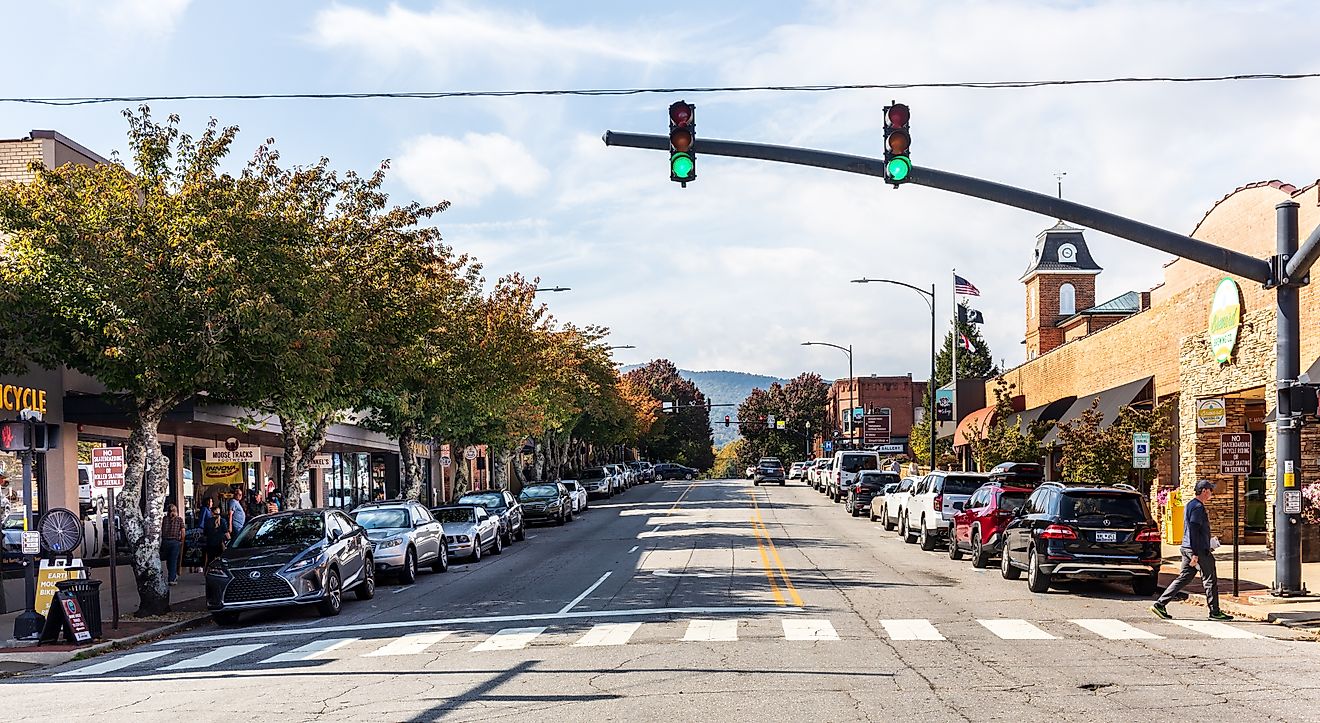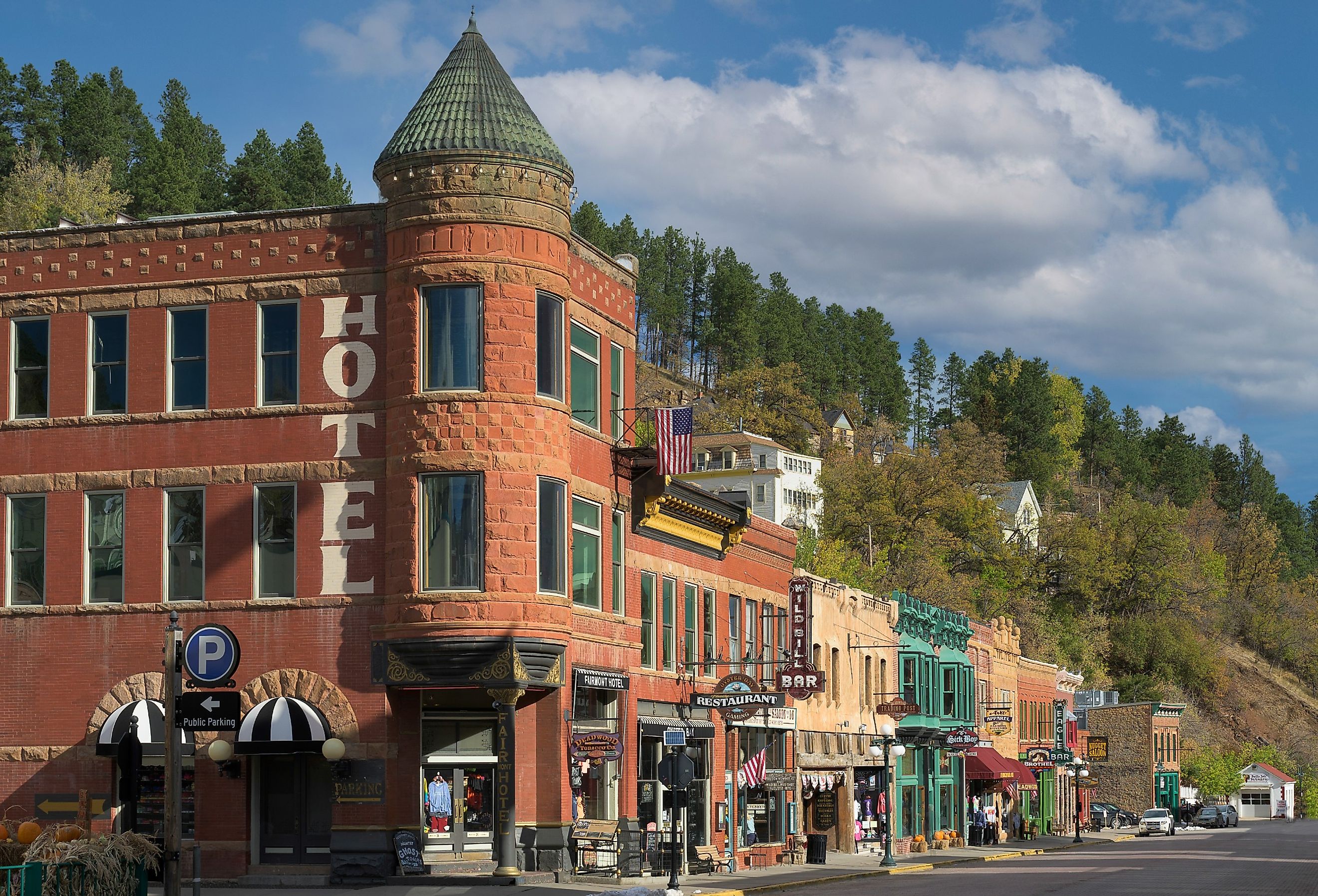
These Small Towns in South Dakota Have the Best Historic Districts
Although one of the last states to be admitted into the Union, an event that occurred simultaneously with its neighbor North Dakota in 1889, South Dakota has played an important role in the history of the US. Known for its tales of the Old West as well as for its Native American heritage, the history of the "Mount Rushmore State" has been carefully preserved in many of its most interesting small towns.
Visit any of these communities today, and you will find yourself transported back in time to the late 19th and early 20th centuries as you explore their finely preserved historic districts. From Deadwood’s gold rush-era architecture to the historical landmarks in the state capital of Pierre, each town offers a fascinating opportunity to learn more about South Dakota’s past.
Deadwood

Perhaps the best-known of South Dakota’s smaller towns, Deadwood sits in the state's scenic Black Hills region and is a must-visit. Many of the town’s best attractions are in Historic Downtown Deadwood and date back to its founding in 1876, just two years after Colonel George Armstrong Custer announced the discovery of gold in the area.
Fun stops on a walking tour of the town’s historic district include Saloon No. 10. Now a museum as well as a functioning bar, it was here that legendary gunfighter and gambler "Wild Bill" Hickok met his demise during a poker game. Nearby Mount Moriah Cemetery is another must-visit visit and is the final resting place for Hickok and other of Deadwood's most famous residents, including Calamity Jane. This hillside cemetery also offers superb views over the town.
Pierre
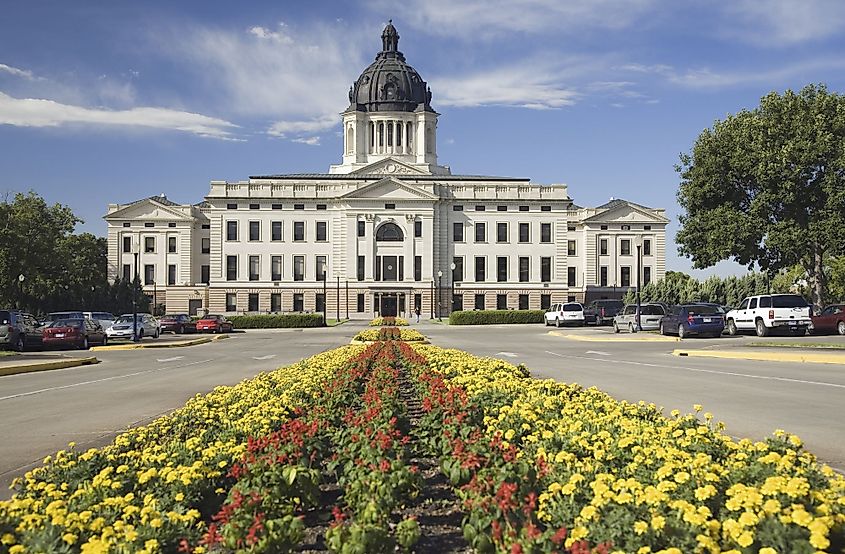
Despite being the US’s second smallest state capital (its population is just 14,000), Pierre has plenty of reason for history buffs to visit. Established in 1880, historic highlights include the South Dakota State Capitol, built in 1910 with a splendid copper dome. Fascinating one-hour tours can be arranged and include a peek into the Rotunda with its intricate murals. The Capital’s picturesque gardens are also worth exploring.
The South Dakota Cultural Heritage Center is another must-visit for those wanting to learn more about the state’s Native American history. It houses artifacts that span thousands of years, from prehistoric times to the modern era.
Custer
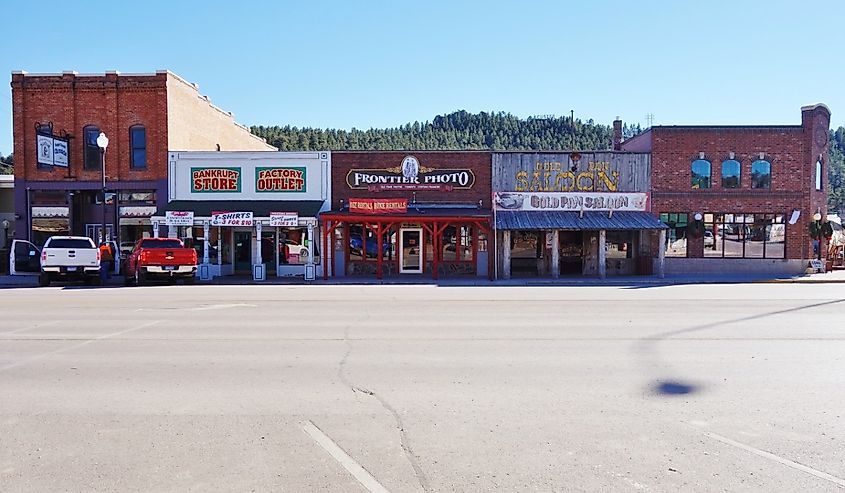
Founded in 1875 in South Dakota’s Black Hills region, Custer is a town steeped in history. Established by General George Custer just after the Black Hills Gold Rush started, Custer’s historical roots run deep. Highlights include the 1881 Courthouse Museum, a former county courthouse that features exhibits and collections showcasing the lives of early settlers, Native American culture, and the geological significance of the Black Hills.
You’ll want to include Custer State Park on your South Dakota travel itinerary. In addition to its stunning scenery and diverse wildlife, the park’s historical significance is on display at the State Game Lodge, built in 1920, and the "Summer White House" for President Calvin Coolidge in 1927 (President Dwight D. Eisenhower later visited it). Just outside Custer lies the Crazy Horse Memorial, a tribute to the famed Oglala Lakota warrior, while the famous Mount Rushmore is a 45-minute drive away.
Huron

Emerging as a key railroad town in the late 19th century, Huron was founded in 1883 on the state’s eastern plains and soon became a vital hub for trade and transportation across South Dakota. Downtown is where you’ll find an impressive collection of buildings dating from the early 1900s, including Grace Episcopal Church, or Stone Church; the Hattie O. and Henry Drake Octagon House; and Pyle House, now the site of an interesting museum dealing with women’s rights.
Huron is also home to one of the country’s oldest fairgrounds, the South Dakota State Fairgrounds, established in 1885, and the Dakotaland Museum, with exhibits ranging from Native American artifacts to pioneer memorabilia.
Yankton
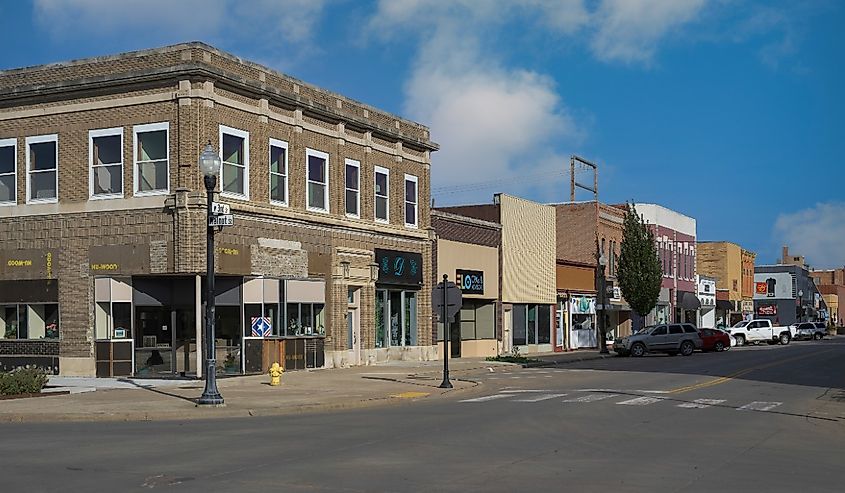
Yankton’s establishment on the banks of the Missouri River in 1869 saw the town quickly become an important river port. The region’s history, however, goes much further back as a number of early Native American tribes also settled here, facts that were discovered in 1806 during the Lewis and Clark Expedition’s exploration of the West.
The Yankton College Historic District is a must-visit and features a number of structures that once belonged to the old college, the first institution of higher learning in the Dakota Territory. Try to squeeze in a visit to the Meridian Bridge. The first bridge to cross the Missouri River in the region, this unique double-decker structure was built in 1924 for cars and trains but is now used solely by pedestrians and cyclists.
Vermillion
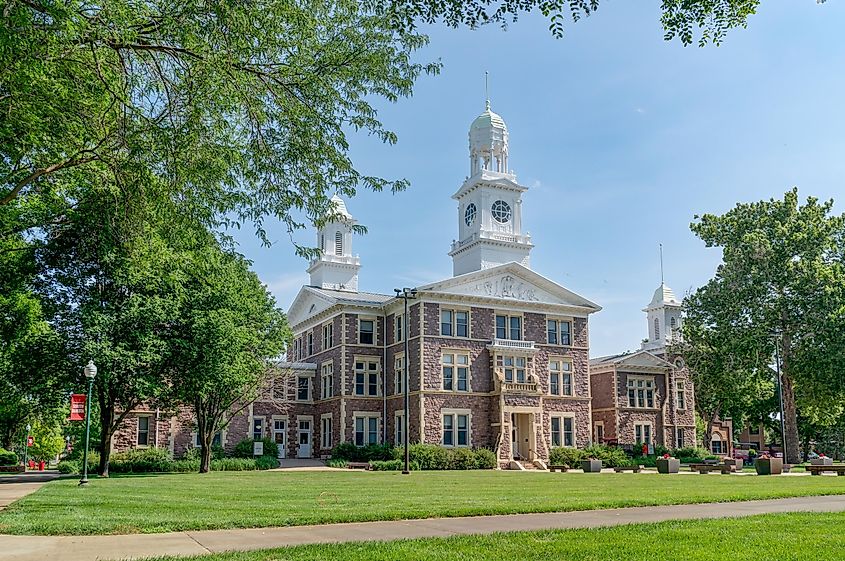
Vermillion is another charming small town in South Dakota that’s located on the Missouri River. Founded in 1859, this vibrant town is home to the University of South Dakota (USD), built in 1862 and the state's oldest university. USD's sprawling campus is home to a number of historic structures you’ll want to see, including the Old Main, completed in 1883, and the university’s original home.
Other significant sites include the W. H. Over Museum, with its fascinating displays relating to the region's natural and cultural history, including Native American and early settler artifacts, and the imposing Clay County Courthouse, built in 1912 in Beaux-Arts architectural style.
Mitchell

Located just off the I-90 70 miles west of Sioux Falls, the Mitchell West Central Residential Historic District is the site of an impressive collection of old homes and structures. Covering an area of 25 acres and spread across 12 blocks, the 105 historic buildings here are among the oldest in Mitchell, dating from the early 1880s to the late 1930s. Notable among them is the three-story tall Koch Flats, an impressive wood-frame apartment constructed in 1880.
The town’s best-known historic landmark, though, is the Corn Palace. Constructed in 1892 and reconstructed several times since, this multi-purpose facility is adorned annually with corn, grains, and grasses to celebrate the region's farming heritage. The region's past is also honored at the Dakota Discovery Museum and the nearby Prehistoric Indian Village, both of which provide a fascinating look at the lives of the area's earliest residents.
From stories of Native American history to tales of the first settlers and the Gold Rush era, these small towns in South Dakota have the best historic districts for travelers to explore. Take a deep dive into these small communities that have played such an important role in the history of South Dakota.
